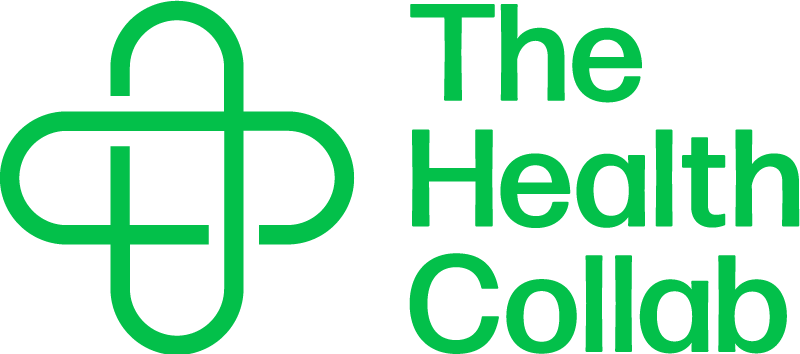Transforming Access to Healthcare in Faisalabad
In recent years, No-Cost Health Services Faisalabad have become a lifeline for thousands of families who struggle to afford medical treatment. These services—provided through nonprofit organizations, donor-funded clinics, and public health partnerships—are improving the city’s overall wellbeing.
Faisalabad, known as Pakistan’s industrial hub, has long faced challenges in equitable healthcare access, particularly in low-income and rural communities. By offering free medical care and community health programs, these initiatives are addressing gaps in preventive care and ensuring that everyone, regardless of income, has access to quality medical support.
The Role of Community Health Programs
At the heart of these services are community health programs designed to reach underserved areas. Through basic health units and mobile outreach programs, medical professionals conduct medical screenings and offer consultations that focus on preventive care and early detection.
These programs not only provide treatment but also foster health education among residents. By teaching families about hygiene, nutrition, vaccination, and chronic disease prevention, the community becomes more proactive about their health—reducing the long-term strain on hospitals and clinics.
Empowering Underserved Communities
One of the primary goals of No-Cost Health Services Faisalabad is to empower underserved communities. In many rural and low-income neighborhoods, families often postpone care due to financial limitations. These initiatives eliminate that barrier by providing affordable care at donor-funded clinics and nonprofit health services centers.
Volunteer doctors and medical missions also play a critical role in extending services to those in remote villages. From primary healthcare to specialist referrals, these programs promote health equity—ensuring that quality care isn’t a privilege but a right for every citizen.
Sustainable Health Projects for Long-Term Impact
Sustainability is at the core of these efforts. Many local and international partners support sustainable health projects in Faisalabad that focus on improving community wellbeing through infrastructure development, equipment donations, and staff training.
Programs that integrate wellness programs and preventive care have shown long-term benefits—reducing hospital admissions and improving patient outcomes. By creating networks between public health services and nonprofit organizations, these initiatives ensure continuity of care even after short-term projects conclude.
The Importance of Health Education and Patient Support
Health education is one of the most effective ways to foster change. When individuals understand the causes and prevention methods for diseases such as diabetes, hypertension, and heart disease, they are better equipped to make healthy lifestyle choices.
Patient support teams also play a vital role—guiding individuals through diagnosis, treatment, and recovery. This personalized care approach helps build trust between providers and the community, encouraging more people to participate in wellness programs and preventive screenings.
Conclusion: A Path Toward Health Equity
No-Cost Health Services Faisalabad represent more than just free medical treatment—they symbolize hope and equity. Through community health programs, outreach initiatives, and sustainable healthcare projects, Faisalabad is moving toward a future where every person has access to the care they deserve.
When communities are healthy, they thrive economically and socially. The Health Collab continues to advocate for accessible, affordable care for all—because community health is the foundation of a stronger, more compassionate society.
